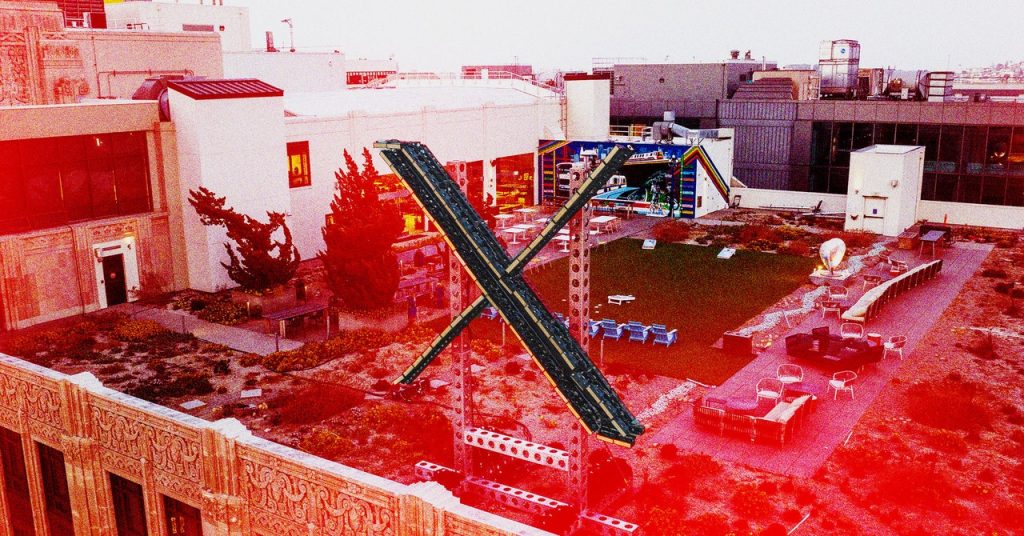X’s Lawsuit Against CCDH Faces Skepticism in Federal Court
In the wake of Elon Musk’s acquisition of Twitter, now rebranded as X, the company has found itself embroiled in a legal battle with the Center for Countering Digital Hate (CCDH), a nonprofit organization dedicated to tracking and combating hate speech on social media platforms. On Thursday, the dispute reached a federal courtroom, where Judge Charles Breyer expressed doubts about X’s claims that CCDH’s research had jeopardized user security and caused the platform to lose advertisers.
The Origins of the Conflict
The controversy began in July when CCDH published a report titled “Twitter Fails to Act on 99% of Hate Speech,” which highlighted the prevalence of hate speech on the platform. In response, X filed a lawsuit against CCDH, alleging that the nonprofit had gained unauthorized access to its data through a third-party tool called Brandwatch, licensed to the European Climate Foundation.
This is really a SLAPP suit disguised as a contractual suit.
Alejandra Caraballo, a clinical instructor at Harvard Law School’s Cyberlaw Clinic, characterizes the case as a strategic lawsuit against public participation (SLAPP) masquerading as a contractual dispute.
Questioning the Validity of X’s Claims
During the hearing, Judge Breyer challenged X’s attorneys on their assertions, questioning how scraping publicly available posts could compromise user safety or data security. He also pointed out the implausibility of holding CCDH accountable for unforeseeable harms, given that the European Climate Foundation had agreed to Twitter’s terms of service in 2019, long before Musk’s acquisition and the subsequent policy changes.
You’re telling me at the time they were excluded from the website, it was foreseeable that Twitter would change its policies and allow these people on? And I am trying to figure out in my mind how that’s possibly true, because I don’t think it is.
CCDH’s Perspective
Speaking after the hearing, Imran Ahmed, CEO of CCDH, expressed surprise at X’s implication that CCDH should be responsible for paying X to help neo-Nazis, white supremacists, and misogynists evade scrutiny of their posts. He also noted that X had no response to the assertion that Musk had changed the platform’s policies to reinstate users propagating hateful and toxic content.
A Broader Pattern of Limiting Transparency
The lawsuit against CCDH is part of a larger trend of platforms seeking to restrict transparency in recent years. Both Facebook and Twitter have taken steps to limit access to their data for researchers studying political ads and COVID-19 disinformation. Additionally, X has faced criticism for reinstating previously banned accounts, including those of neo-Nazis and white supremacists, after Musk’s takeover.
The Potential Implications
Caraballo suggests that while X might be able to proceed with a narrow version of its claim that CCDH breached its terms of service, most of the claims are likely to be dismissed. The outcome of this case could set a precedent for the extent to which billionaires and tech companies can go to silence their critics and limit accountability.
As of publication, X had not responded to requests for comment on the ongoing legal proceedings.

6 Comments
Elon Musk’s legal tango reveals the complex weave of freedom and responsibility, doesn’t it
Elon Musk, embroiled in legal drama, tests the very limits of free speech he purportedly upholds.
Musk’s dance with the watchdog sizzles on a thin line between rights and responsibilities!
Musk’s courtroom drama, isn’t it just free speech inception
Musk finds himself in a sticky situation, fighting the guardians of what he’s always preached!
Isn’t it ironic how the champion of free speech battles it out in court over words